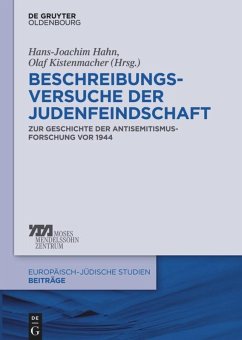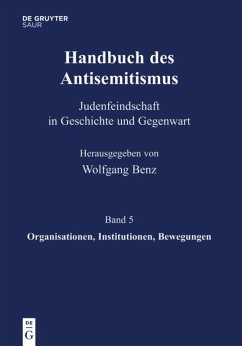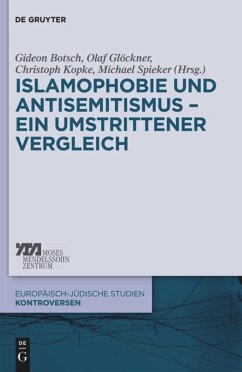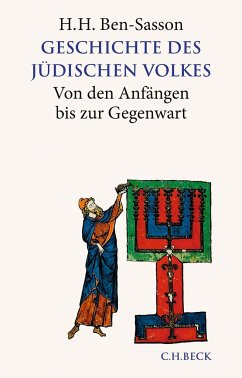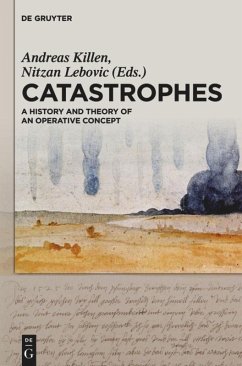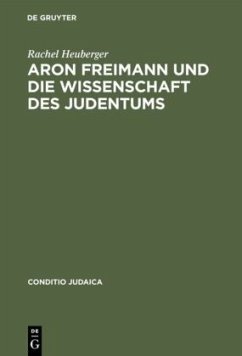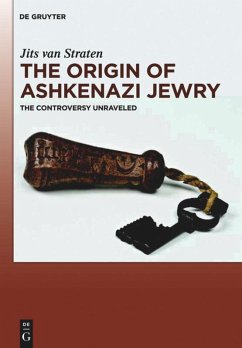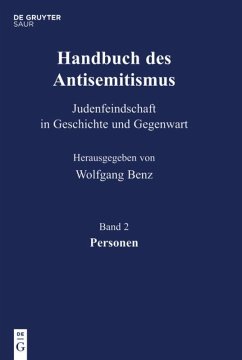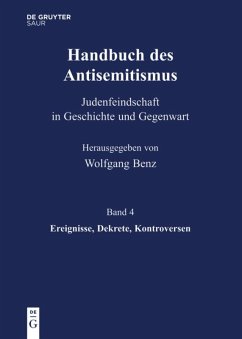
Modern Jewish Scholarship in Hungary
The 'Science of Judaism' between East and West
Herausgegeben: Turán, Tamás; Wilke, Carsten
Versandkostenfrei!
Versandfertig in 1-2 Wochen
144,95 €
inkl. MwSt.

PAYBACK Punkte
0 °P sammeln!
The Habsburg Empire was one of the first regions where the academic study of Judaism took institutional shape in the nineteenth century. In Hungary, scholars such as Leopold and Immanuel Löw, David Kaufmann, Ignaz Goldziher, Wilhelm Bacher, and Samuel Krauss had a lasting impact on the Wissenschaft des Judentums ("Science of Judaism"). Their contributions to Biblical, rabbinic and Semitic studies, Jewish history, ethnography and other fields were always part of a trans-national Jewish scholarly network and the academic universe. Yet Hungarian Jewish scholarship assumed a regional tinge, as it...
The Habsburg Empire was one of the first regions where the academic study of Judaism took institutional shape in the nineteenth century. In Hungary, scholars such as Leopold and Immanuel Löw, David Kaufmann, Ignaz Goldziher, Wilhelm Bacher, and Samuel Krauss had a lasting impact on the Wissenschaft des Judentums ("Science of Judaism"). Their contributions to Biblical, rabbinic and Semitic studies, Jewish history, ethnography and other fields were always part of a trans-national Jewish scholarly network and the academic universe. Yet Hungarian Jewish scholarship assumed a regional tinge, as it emerged at an intersection between unquelled Ashkenazi yeshiva traditions, Jewish modernization movements, and Magyar politics that boosted academic Orientalism in the context of patriotic historiography. For the first time, this volume presents an overview of a century of Hungarian Jewish scholarly achievements, examining their historical context and assessing their ongoing relevance.



